Here's How Hospitals Are Ripping You Off

By:
It's no secret that health care costs in the U.S. are significantly higher than those in other developed countries. But what you might not realize is that hospitals — and the inflated price of the services they offer — contribute to that disparity.
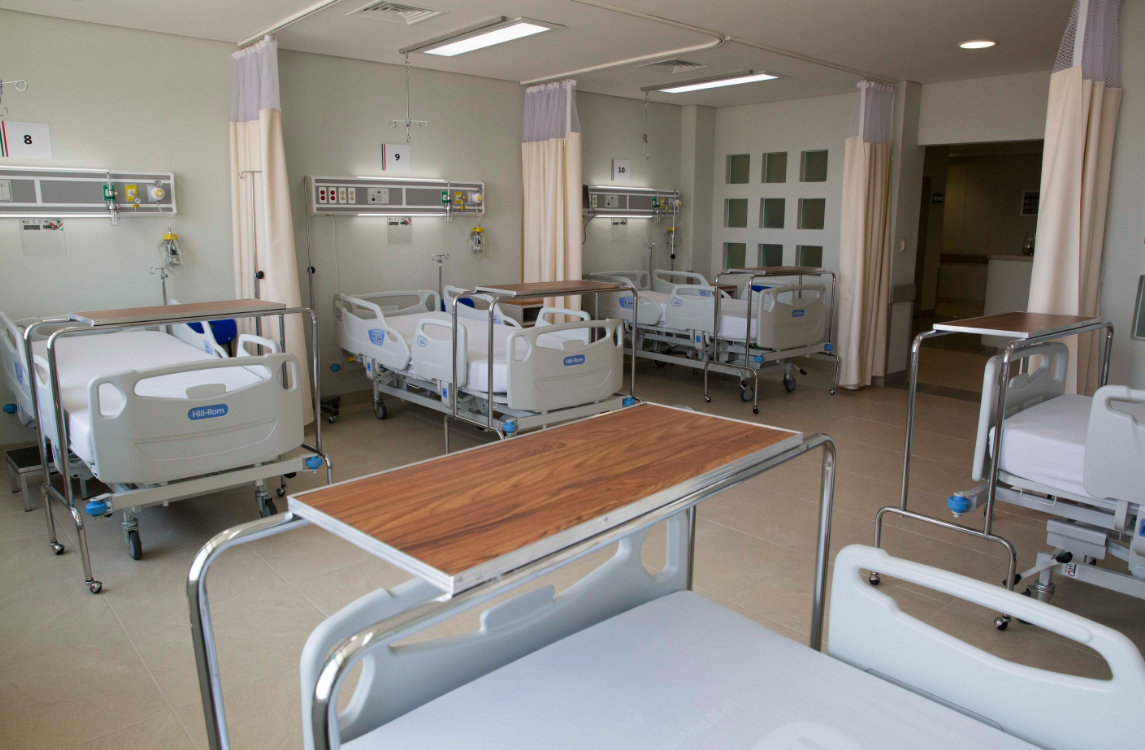 Wikimedia - wikimedia.org
Wikimedia - wikimedia.org
Comedian Bill Maher highlighted the issue in a recent blog post, citing a 2016 study in the journal Health Affairs that revealed how health care providers are charging more than 20 times the cost of specialized services such as CT scans and anesthesiology. Researchers at Johns Hopkins University found that many hospitals profit from marked-up prices for a wide range of procedures.
ATTN:'s previous coverage of high health care costs has looked at expensive hospital bills and bizarre service charges.
That includes a $40 charge a family received for "skin-to-skin" contact with their baby after the child was born, which surfaced on Reddit on Tuesday.
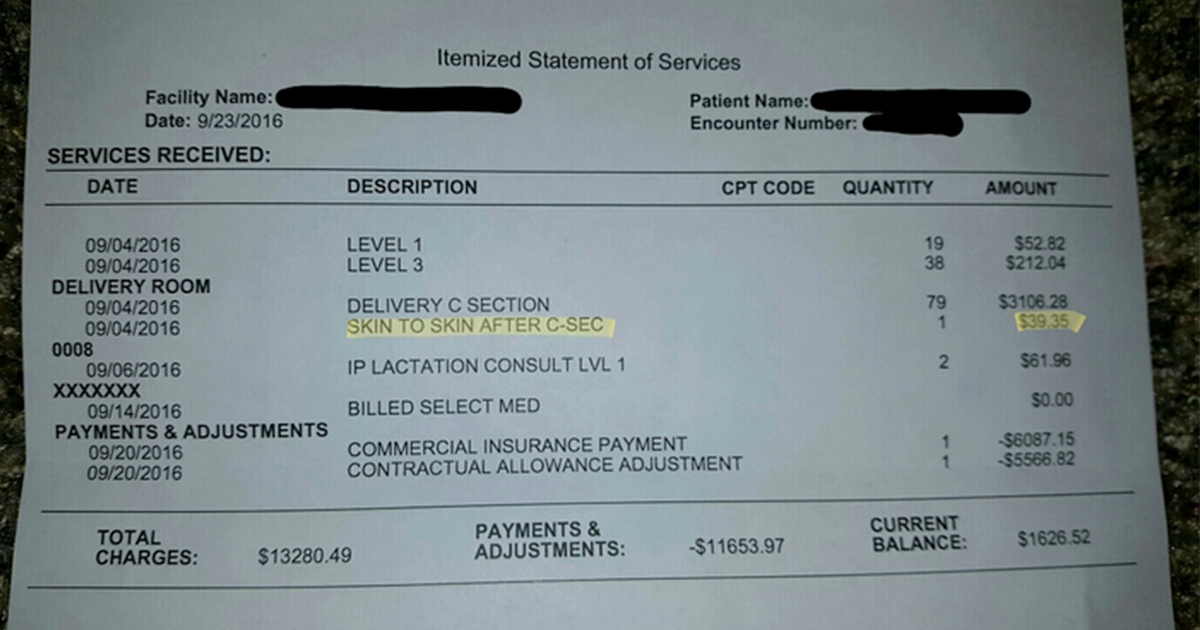 Imgur - imgur.com
Imgur - imgur.com
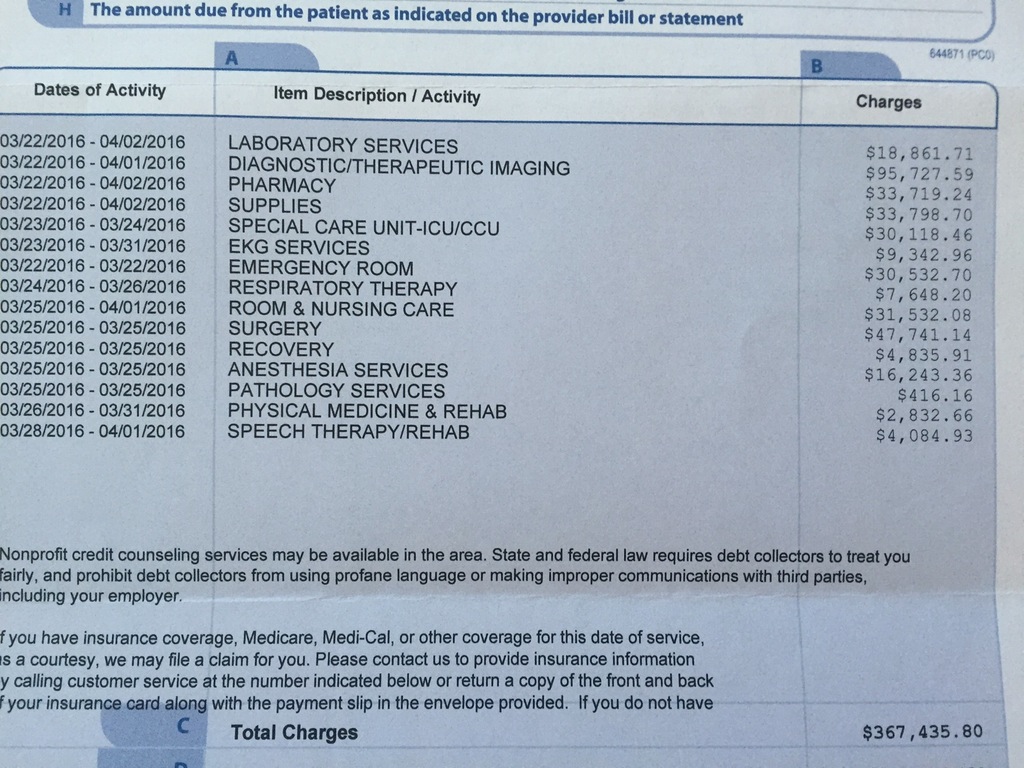 Reddit - reddit.com
Reddit - reddit.com
"Hospitals apparently mark up higher in the departments with more complex services because it is more difficult for patients to compare prices in these departments," Ge Bai, the lead author of the study, said in a press release. The researchers called for increased pricing transparency such as "mandatory disclosure on medical bills and financial statements" to address the problem.
The price hikes vary depending on the medical department where the services are provided, according to the study.
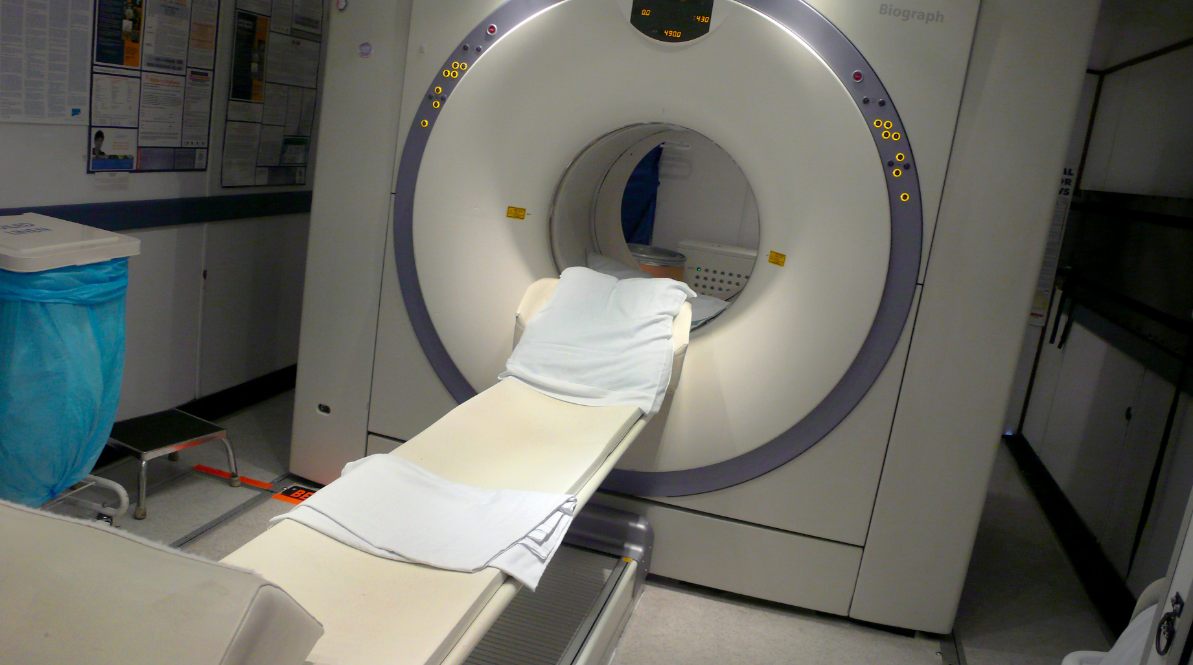 Wikimedia - wikimedia.org
Wikimedia - wikimedia.org
For routine procedures in inpatient care, patients are charged about two times the cost of the service. But on the higher end of the cost-to-charge spectrum — for CT scans, for example — patients are being charged as much as 28.5 times the amount that these services cost for health care providers. "This means that a hospital whose costs in the CT department are $100 will charge a patient without health insurance and an out-of-network privately insured patient $2,850 for a CT scan," the study authors wrote.
Disproportionate pricing practices are especially apparent when you compare how much hospitals in the same state charge for the same service, as The New York Times did in 2013:
- "A hospital in Livingston, N.J., charged $70,712 on average to implant a pacemaker, while a hospital in nearby Rahway, N.J., charged $101,945."
- "In Saint Augustine, Fla., one hospital typically billed nearly $40,000 to remove a gallbladder using minimally invasive surgery, while one in Orange Park, Fla., charged $91,000."
- "In one hospital in Dallas, the average bill for treating simple pneumonia was $14,610, while another there charged over $38,000."
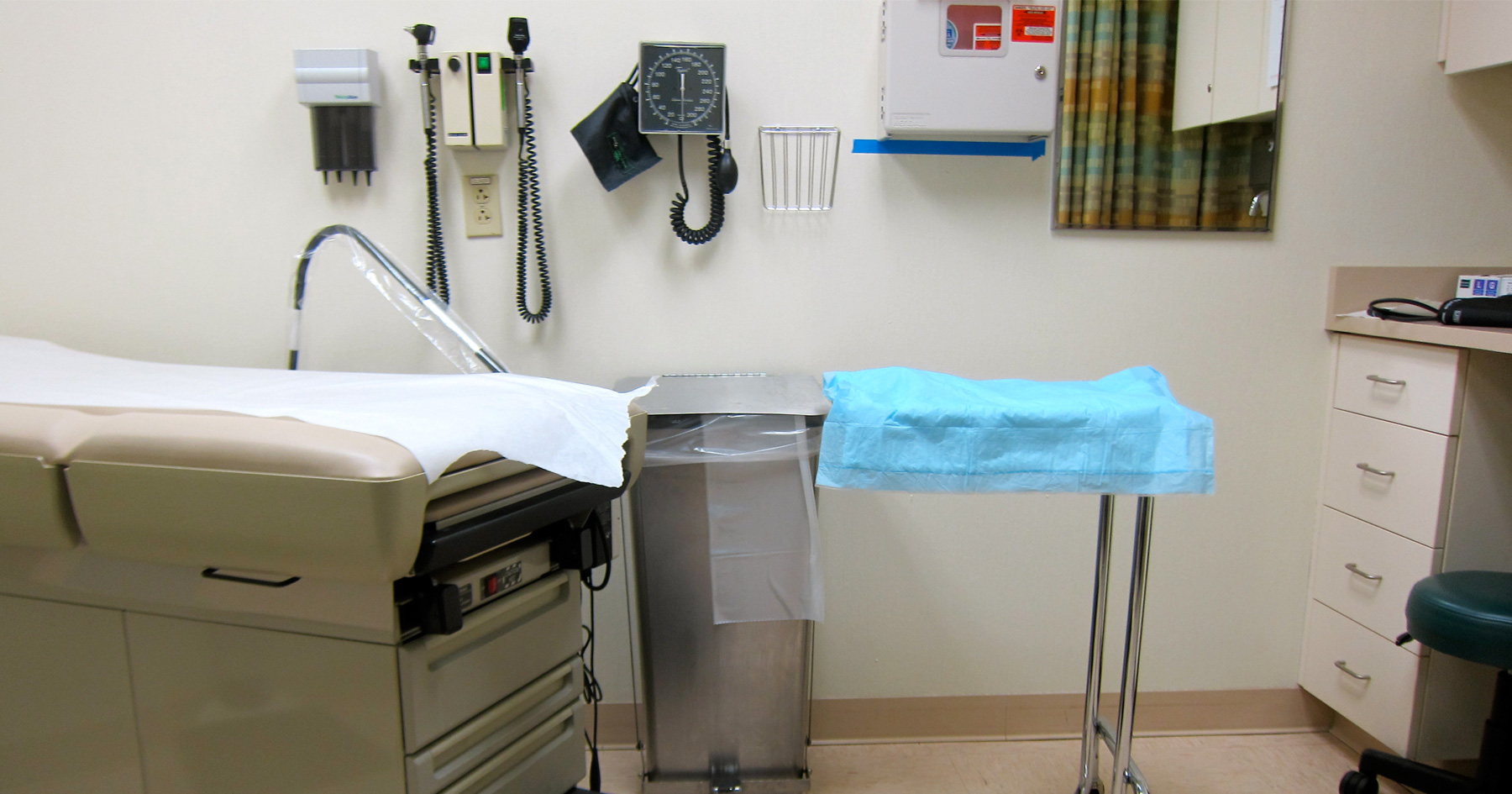 Flickr/Jennifer Morrow - flic.kr
Flickr/Jennifer Morrow - flic.kr
Uninsured and out-of-network patients bear the brunt of the costs, but the high cost of these services also puts an added burden on insurance providers, which ultimately raises the cost of health care in the U.S.
Health care spending accounted for a record 17.5 percent of America's gross domestic product in 2014, according to a report from the U.S. Department of Health and Human Services. That's largely the product of high drug prices, expanded Medicaid coverage, and inflated charges for hospital services, Yahoo News reported.
"We realize that any policy proposal to limit hospital markups would face a very strong challenge from the hospital lobby," Gerard Anderson, co-author of the Health Affairs study, said in a press release. "But we believe the markup should be held to a point that's fair to all concerned — hospitals, insurers, and patients alike."
ATTN: reached out to the American Hospital Association for comment and will update this story when it responds.
